BANGOR — Maine Republicans opened their state party convention Friday amid intense, behind-the-scenes battles for delegates between Ted Cruz and Donald Trump supporters prepping for a potential floor fight this summer.
With just 23 delegates at stake in the national fight for the Republican nomination, Maine represented a relatively small prize during last month’s party caucuses.
Yet the increasing likelihood of a contested Republican National Convention means that the campaigns for Trump, Cruz and John Kasich continue to fight for every last delegate in Maine – and in other states – should Trump fail to secure the nomination in the first round of voting at the convention in Cleveland.
That dynamic led to fervent and, at times, tense discussions between campaign supporters in Maine – including Gov. Paul LePage – on Friday ahead of Saturday’s delegate-election process.
“Everybody should get a good night’s rest and I think we will find out where things stand in the morning,” Sen. Garrett Mason, R-Lisbon Falls, a state leader of the Cruz campaign, said late Friday. “Maine’s 23 delegates could make a difference for (nominating) President Trump or President Cruz, and obviously I am hoping for the latter.”
LePage, Maine’s top Republican, was playing a key role in attempts to broker an as-yet elusive deal between the warring factions that would be favorable to Trump, his candidate.
LePage wanted a “unity slate” of Maine delegates to the national convention that would preserve the distribution of delegates – 12 to Ted Cruz, nine to Trump and two to John Kasich – in the event of a contested convention. But Cruz supporters weren’t on board.
“I think we should end tomorrow with that batch and I’m asking the Maine people to be fair,” LePage said on conservative talk radio host Howie Carr’s program.
But LePage also suggested he had been snubbed by Cruz backers planning to block his bid to serve as a delegate in Ohio. LePage said Cruz staffers rejected his “unity ticket” proposal and told him they don’t want him to serve as a delegate in Cleveland, calling him an “inconsequential” political figure. LePage said the Cruz campaign is “arrogant” for not following the “will of the people,” according to the Associated Press.
The night ended with a speech by former presidential hopeful Dr. Ben Carson, a Trump supporter who only mentioned the candidate in passing.
But the political jockeying set the stage for an unpredictable second day of the state convention.
On Saturday, convention-goers will elect 20 of the 23 delegates Maine will send to the national convention in July. With their national party fractured, the three campaigns were trying to ensure they’ll be sending solid supporters to Cleveland.
Maine’s 23 delegates are “bound” by the outcome of the March presidential caucuses during the first round of voting at the national convention. That means Cruz is guaranteed to receive 12 delegates, Trump will get nine and Kasich will receive two.
But if Trump, the current front-runner, fails to receive majority support during that first round, Maine’s delegates and those from many other states will be free to change their votes during subsequent rounds. That has made what is typically a routine delegate-selection process in Maine anything but.
Much of the talk leading into Maine’s Republican convention was whether campaigns could lock-up loyal supporters, perhaps through slates of delegates.
Roughly 200 people announced plans to seek the 20 delegate seats up for election Saturday. The other three are held by the state’s two Republican National Committee representatives and the party chairman.
Rick Bennett, the party chairman, said he knew of a few slates being discussed. There was also talk of a “unity slate” of Trump-Cruz supporters, which appeared unlikely. For his part, Bennett predicted during the afternoon that delegates will be elected individually.
“I expect tomorrow that we’ll do it the old-fashioned way,” Bennett said.
Rep. Ken Fredette, a Newport Republican who was presiding over the convention, also said he expected attendees would “vote for people they know” rather than a slate handed to them by a campaign. After all, Fredette said, Mainers “don’t like being told what to do.”
But Fredette also said that LePage has significant pull among the party faithful gathered in Bangor. And that pull could affect the outcome of Saturday’s events.
“I think that one of the take-aways of this convention is the governor continues to be very popular in the Republican Party,” Fredette said.
At dinnertime Friday, thousands of Republicans poured back into the Cross Insurance Center to hear from Carson, a retired neurosurgeon whose campaign started strong but faltered in the early primary and caucus states.
Carson was the first of three surrogates to speak on behalf of the three remaining presidential contenders. On Saturday, former candidate and California businesswoman Carly Fiorina will speak on Cruz’s behalf. Former U.S. Sen. John E. Sununu of New Hampshire, meanwhile, will stump for Kasich. Sununu is the son of former New Hampshire Gov. John H. Sununu.
LePage and U.S. Sen. Susan Collins – both of whom attended Carson’s speech – as well as 2nd District Rep. Bruce Poliquin will also address the crowd Saturday.
Despite the uncertainty and vitriol at the national level, this year’s Maine Republican state convention was widely expected to be less contentious than the one held in 2012. That year, supporters of Libertarian-Republican Ron Paul gained control of the convention proceedings despite Mitt Romney winning the majority of caucus votes.
They elected 20 Paul supporters to the national convention in Tampa that summer. But in a political dust-up that spilled onto the convention floor, half of those delegates were ultimately stripped of their seats by the national party over the angry objections of Paul supporters in Maine and other states.
This year, Maine’s delegates are bound by state party rules to honor the results of the presidential caucuses in March to avoid a repeat of the chaotic 2012 state convention.
Earlier Friday, convention attendees approved a platform full of traditional party priorities – such as protecting gun rights and the “sanctity” of life – but that also opposes same-sex marriage and the “federalization” of the North Woods.
Although non-binding and largely symbolic, the platform is supposed to outline the policy priorities of the party. Yet a brief but spirited debate over gay marriage illustrated the divisions even among Republican activists willing to spend two days at a convention.
In a lopsided voice vote, the convention rejected an attempt to remove the words “Marriage is defined as the union of one man and one woman” from the platform.
Ryan Lorrain, a delegate from Kennebec County, said the change was needed to show that the modern Republican Party is inclusive. Supporters argued that Maine voters’ resounding approval of same-sex marriage in 2012 – and the strong public support for the policy since – shows that including the “union of one man and one woman” language in the platform shows the party is out of step.
“Our stances on such divisive social issues are a deterrent from becoming a part of the Republican Party,” Lorrain said. “According to polls, our position on this issue is an unpopular stance among young people.”
But Martin Vachon of Mariaville said social issues are important within the party and that “marriage is a very important part of our social structure.”
The Republican platform also:
• Pledges to defend the right to bear arms as well as states’ rights.
• Calls for eliminating the income tax.
• Says that “Federalization of the Maine Woods will not be tolerated,” a reference to the push to create a national monument or national park in the Katahdin region.
• Calls for enacting so-called “right to work” laws.
• Urges repeal of Maine’s public campaign financing system despite the fact that more than 70 percent of Democratic and Republican legislative candidates plan to run as Clean Elections candidates this year.
• Opposes the Affordable Care Act or Obamacare as well as Common Core education standards.
• Declares that “Progressive principles are incompatible with the principles of The Republican Party of the State of Maine.”
This article was updated at 12:25 p.m. on April 23, to correct that former U.S. Sen. John E. Sununu of New Hampshire – not his father, former Gov. John H. Sununu – will be a surrogate speaker on behalf of presidential candidate John Kasich during Saturday’s convention.
Send questions/comments to the editors.


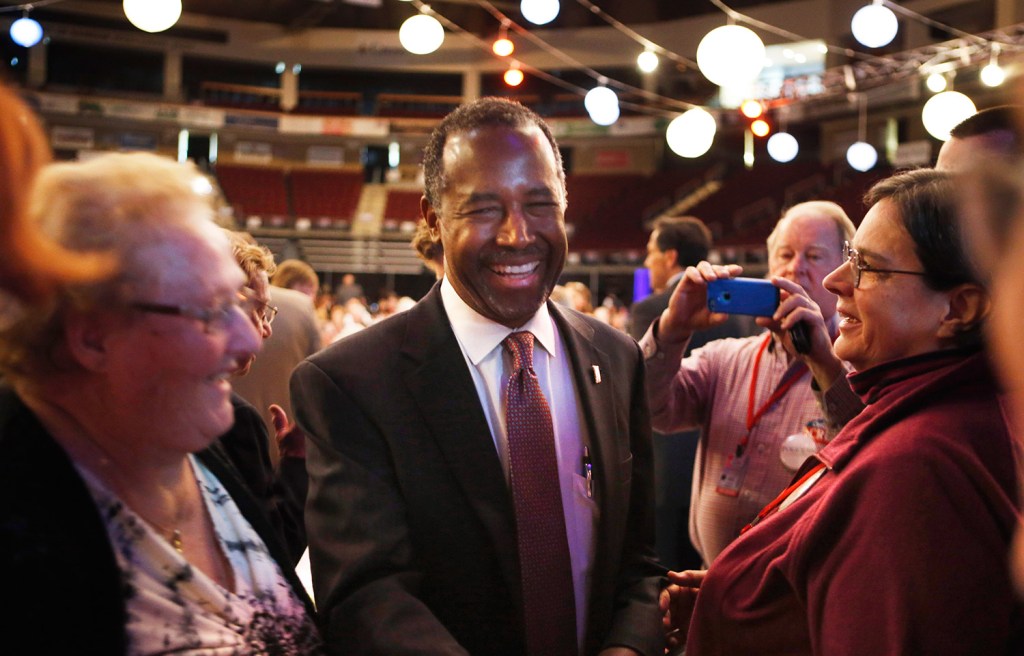
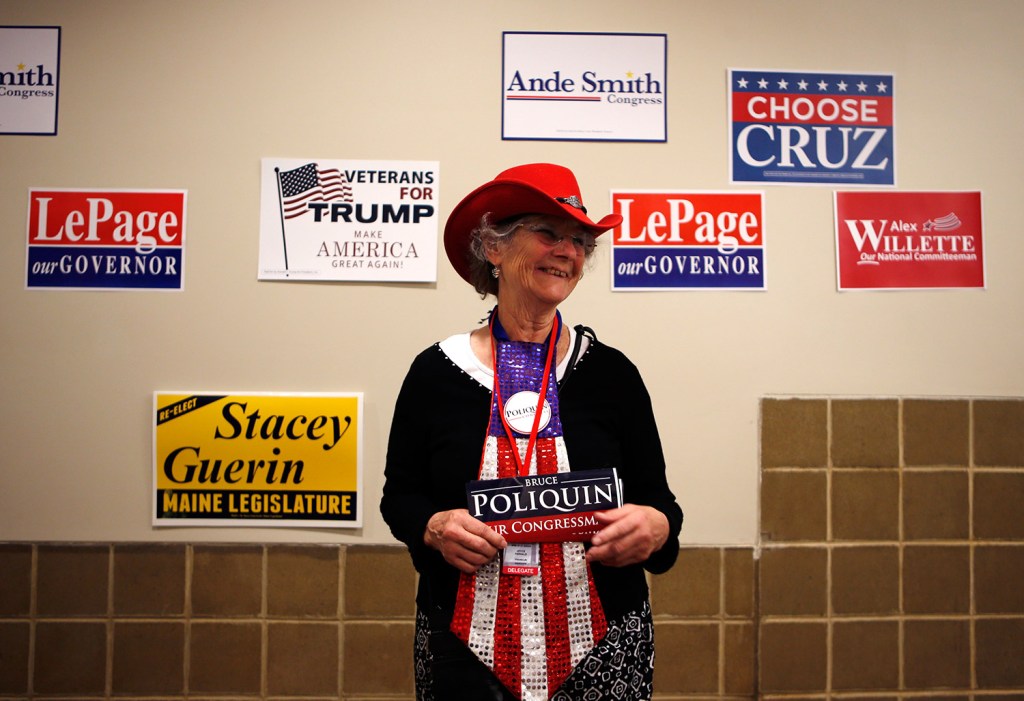

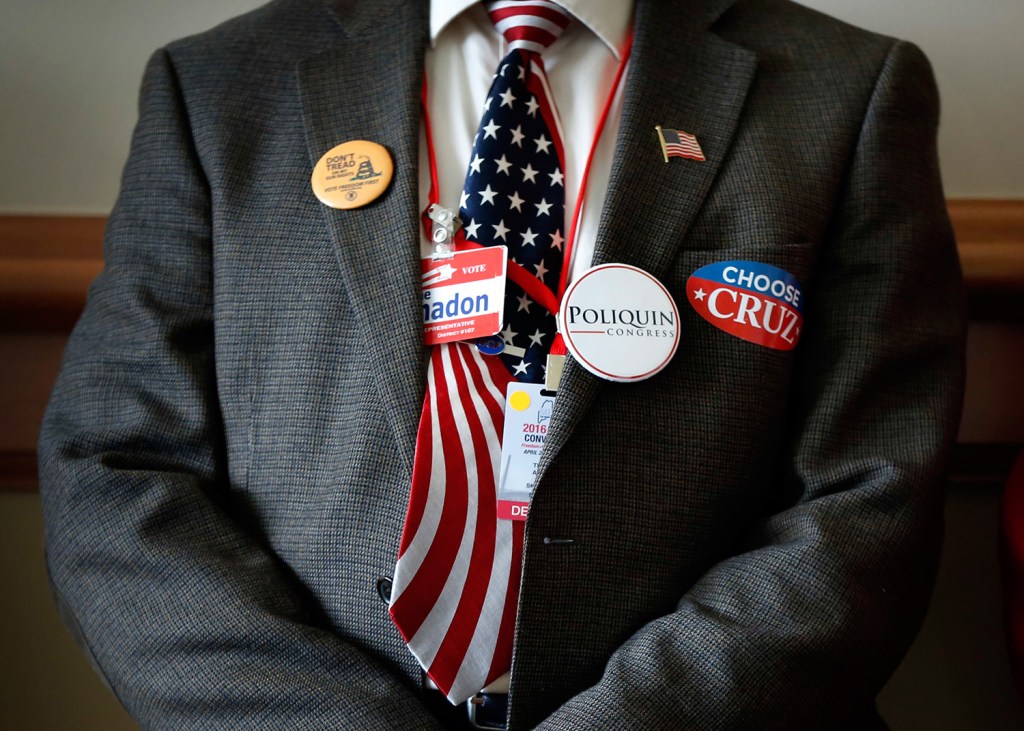
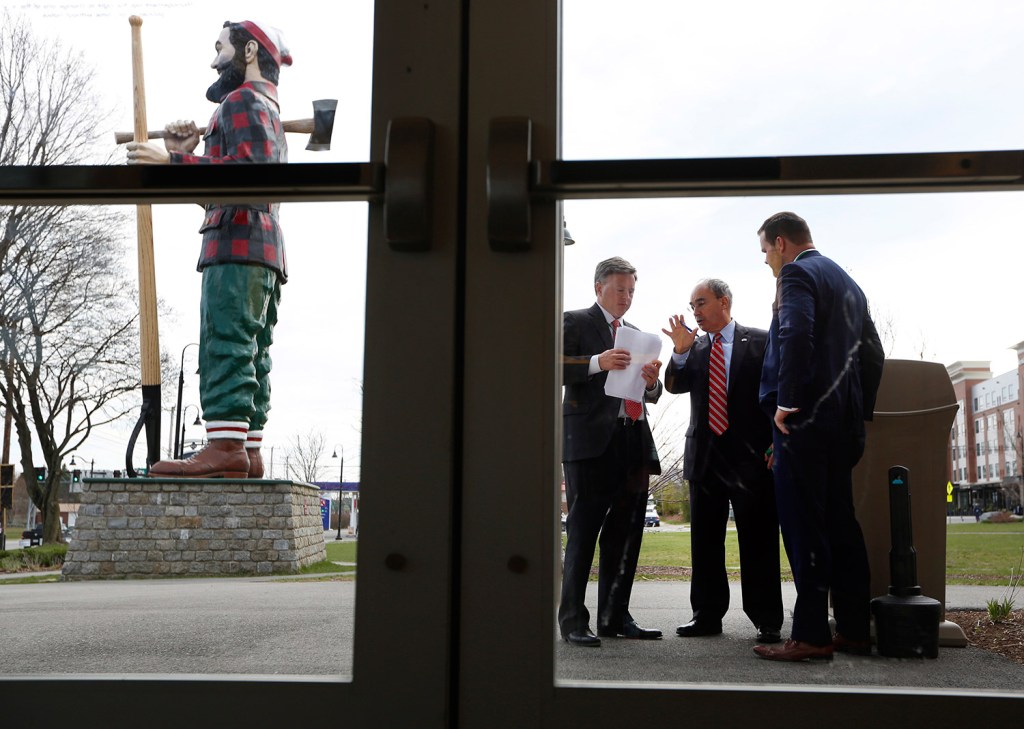
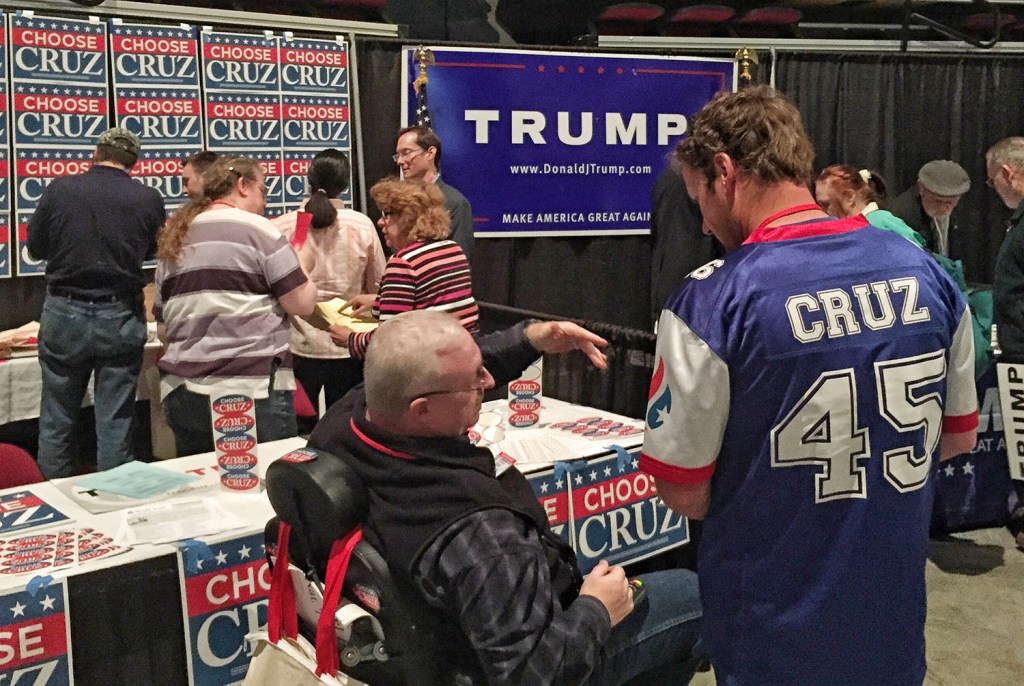

Success. Please wait for the page to reload. If the page does not reload within 5 seconds, please refresh the page.
Enter your email and password to access comments.
Hi, to comment on stories you must . This profile is in addition to your subscription and website login.
Already have a commenting profile? .
Invalid username/password.
Please check your email to confirm and complete your registration.
Only subscribers are eligible to post comments. Please subscribe or login first for digital access. Here’s why.
Use the form below to reset your password. When you've submitted your account email, we will send an email with a reset code.